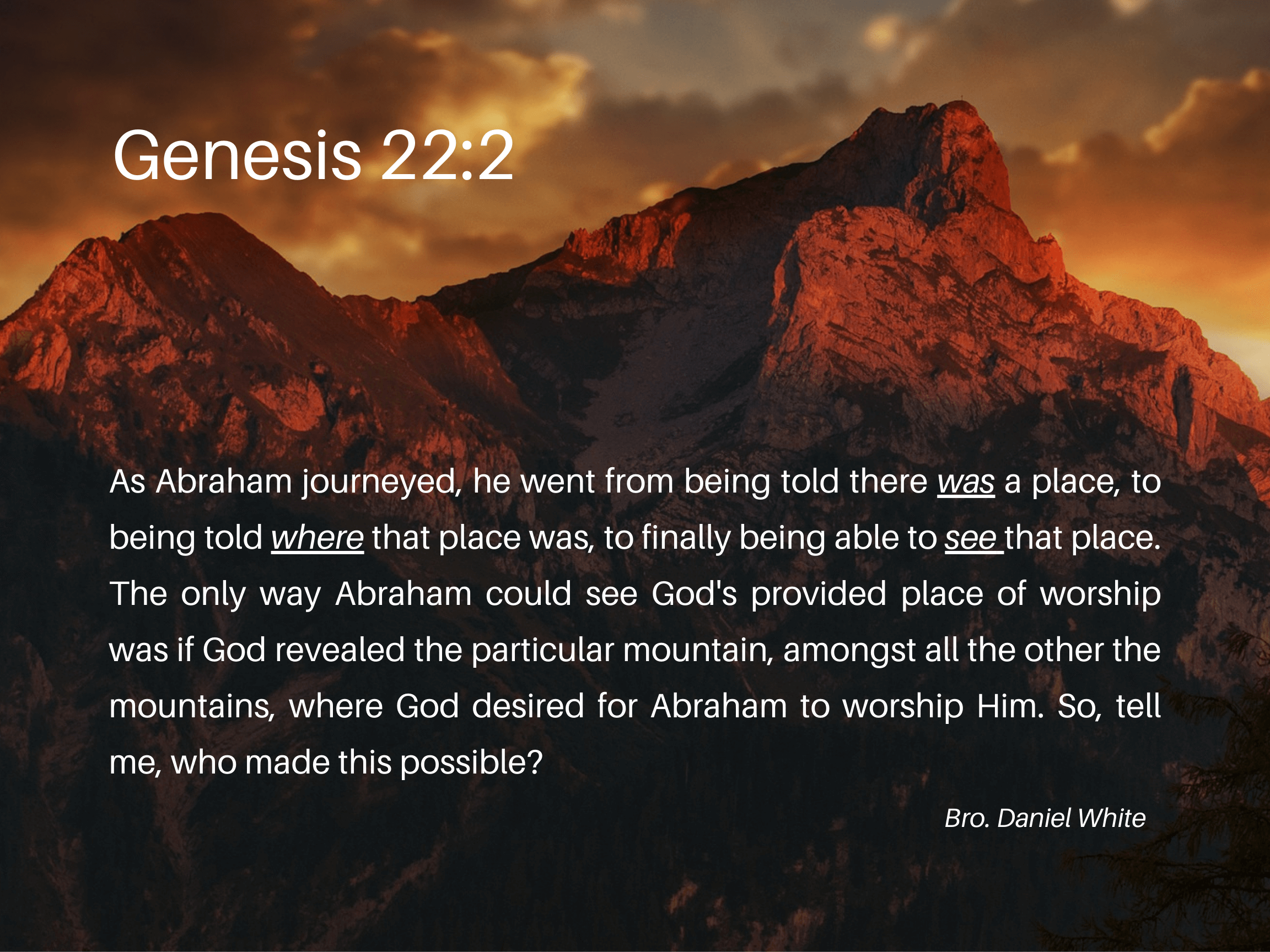Progressive Revelation is a central tenet in Bahá’í teachings, offering profound insights into the ethical, spiritual, and social dimensions of human existence. This concept elucidates the unfolding of divine guidance through successive prophets who reveal God’s will in a manner that is commensurate with humanity’s evolving capacities. At the heart of this principle lies the assertion that the teachings of Islam, particularly those attributed to Muhammad, bear an indelible connection to Judeo-Christian prophecy. Yet, one must ponder: how do the prophetic traditions of these three great faiths converse with one another? This inquiry leads to an exploration not just of scripture, but also of the framework that defines the Bahá’í understanding of spiritual continuity.
Bahá’í teachings posit that the prophetic cycle is driven by the needs of society at varying points in history. The prophets, or Manifestations of God, emerge to guide humanity, imparting messages tailored to the sociocultural context of their times. This aligns with the Bahá’í view that God is continually revealing truth to humanity in a progressive manner. The notion of progressive revelation provides a cohesive narrative across religious traditions, suggesting that no single faith holds a monopoly on divine truth.
In examining the intersection of Islam with Judeo-Christian prophecy, one must first articulate the core beliefs embedded within each tradition. Judaism, the predecessor to Christianity and Islam, presents a vision of an awaited messianic figure—an individual destined to restore peace and righteousness. This expectation echoes in Christian prophecy, where Jesus is heralded as that Messiah, the divine incarnation sent to offer salvation to humankind.
Conversely, Islam arrives with the proclamation of Muhammad as the final prophet, or Seal of the Prophets, whose mission was to unify previous revelations and bring forth the finality of God’s message. The Quran serves as the culmination of divine instruction, articulating a comprehensive spiritual framework that is inextricably tied to the prophetic narratives that preceded it. Hence, the Bahá’í perspective recognizes the Quran as a continuation of the prophetic continuum, asserting a vital connectivity among Judaism, Christianity, and Islam.
Furthermore, the Bahá’í Faith underscores the evolution of religious teachings as a reflection of humanity’s collective maturity. Each prophet has validated the teachings and revelations of their predecessors while introducing new directives that respond to the exigencies of the time. This belief is not irreverent towards established traditions but rather celebrates their contributions to the overarching divine plan. In this light, the teachings of Muhammad elucidate, rather than negate, the messages of Jesus and the prophecies of the Hebrew Bible.
As one delves into specific prophecies, it becomes evident that the Judeo-Christian scriptures contain foreshadowings of the Islamic revelation. For instance, passages in the Bible that speak of a Comforter or Advocate are interpreted in Bahá’í literature as referential to the Prophethood of Muhammad and later Bahá’u’lláh. This interpretation resonates particularly with passages that emphasize the continuity of divine guidance and the importance of adherence to the teachings revealed in later ages.
This intertextual discourse raises the question of how adherents of each faith reconcile their doctrines when faced with the challenge of progressive revelation. Is it possible to accept the legitimacy of different prophetic messages without diluting one’s own beliefs? The Bahá’í teachings advocate for an embrace of unity amid diversity, encouraging individuals to delve deep into their spiritual heritage while acknowledging the contributions of other faiths. This reconciliatory approach uplifts the discourse from one of competition and exclusivism to a more harmonious synthesis of truths.
The religious landscape is rife with challenges—sectarianism, intolerance, and division perpetuate misunderstandings between adherents of different faiths. In this milieu, the Bahá’í teachings present an invitation for mutual respect and understanding. They hold that recognizing the legitimacy of these prophetic revelations fosters a more profound sense of interconnectedness among humanity.
The challenge ahead involves reinterpreting the narratives embedded within sacred texts so that they resonate with contemporary audiences while maintaining their spiritual integrity. This might require a cultural shift away from rigid interpretations towards a more nuanced understanding of prophetic teachings as a dynamic force capable of inspiring reconciliation in diverse contexts.
Engagement with religious diversity might compel individuals to confront their preconceived notions about faith and prophecy. How do we honor our own traditions while remaining open to the divine wisdom encapsulated in others? This remains a pivotal question for interfaith dialogue. As one engages in this endeavor, the teachings of progressive revelation provide fertile ground for exploring the contributions of each faith tradition without undermining the importance of individual belief systems.
In conclusion, the concept of Progressive Revelation invites individuals to reflect on the interwoven narratives of Islam, Judaism, and Christianity. It portrays a divine symphony where each revelation builds upon its predecessors, harmonizing beliefs, values, and spiritual insights. The Bahá’í teachings offer a distinct framework for understanding these connections, challenging followers to embrace a pluralistic worldview that honors the complexity of faith. As humanity navigates an increasingly interconnected world, the principles of Progressive Revelation stand as a beacon of hope, promoting unity and understanding—an imperative for the continuation of our shared spiritual journey.
